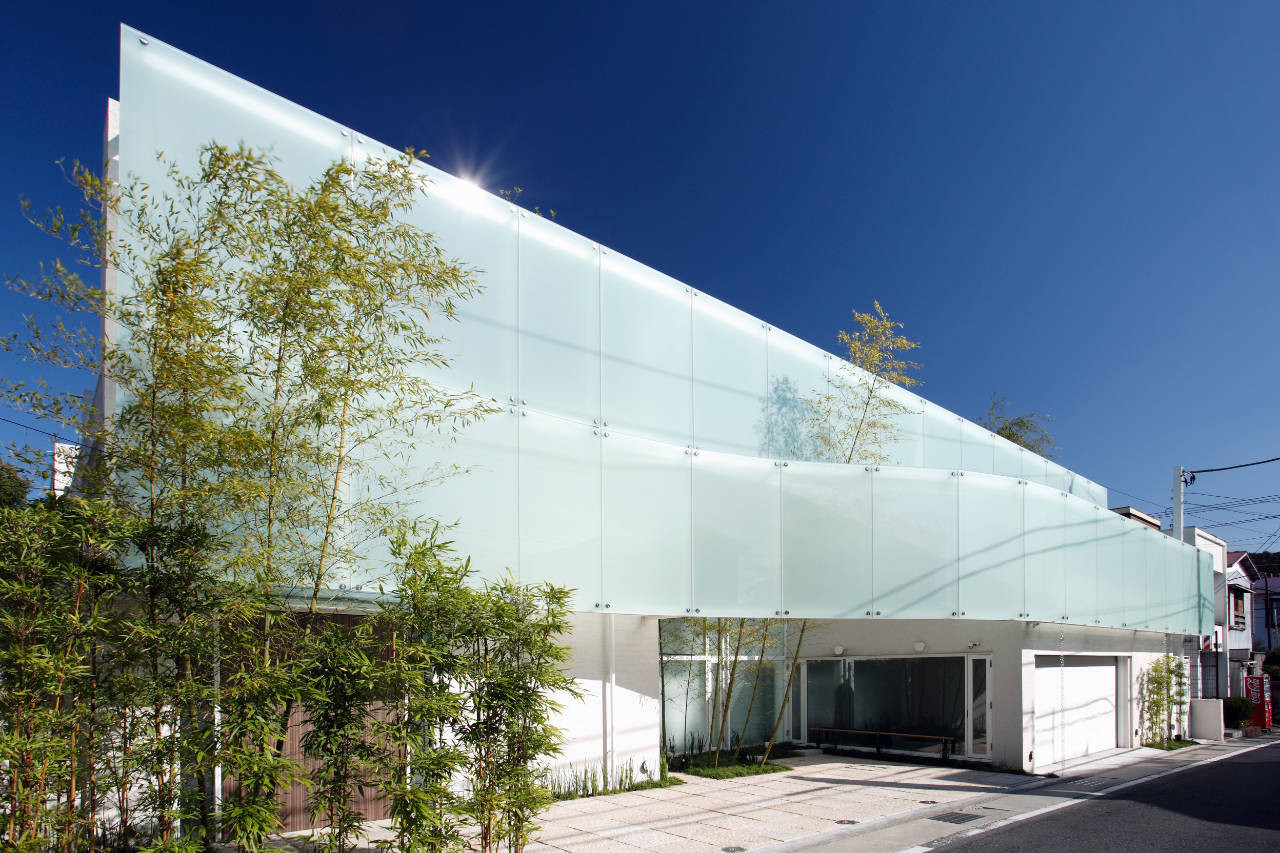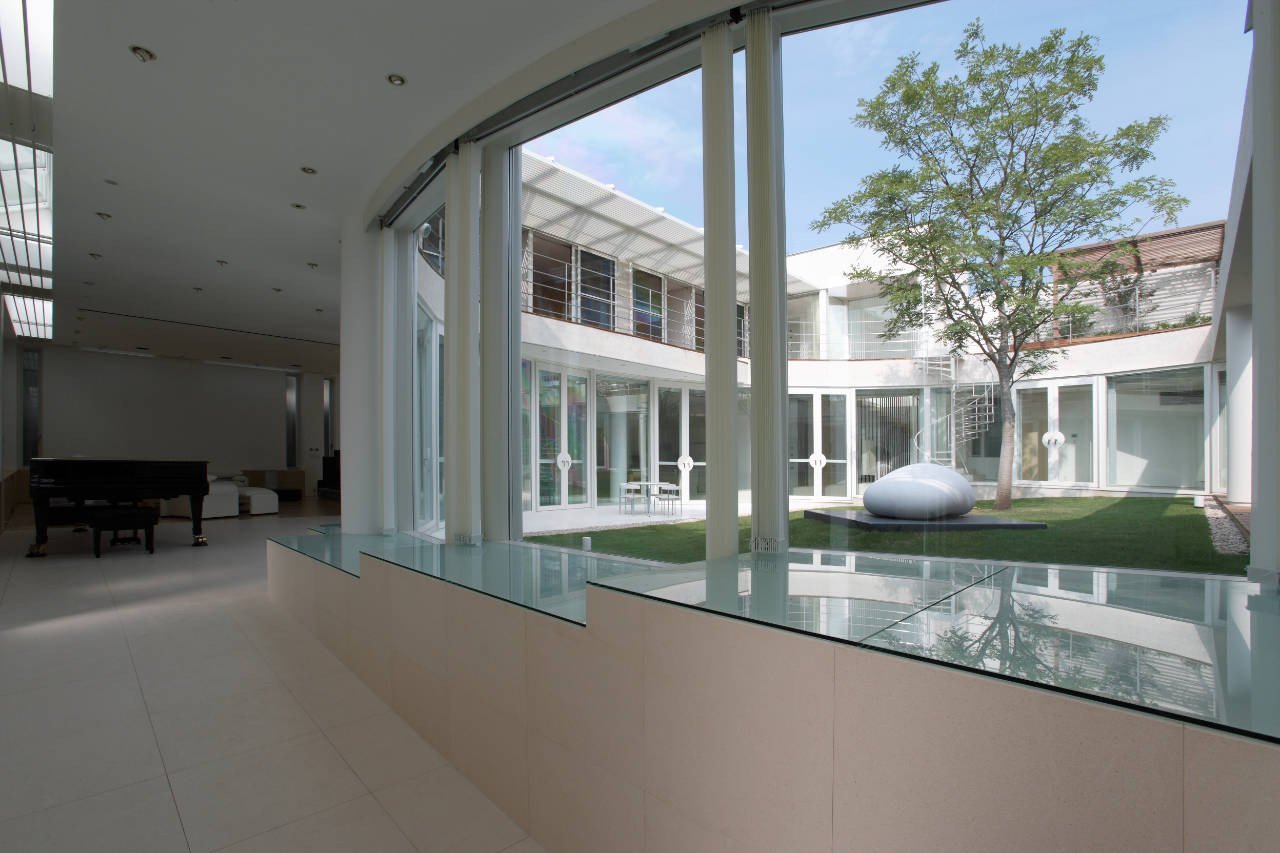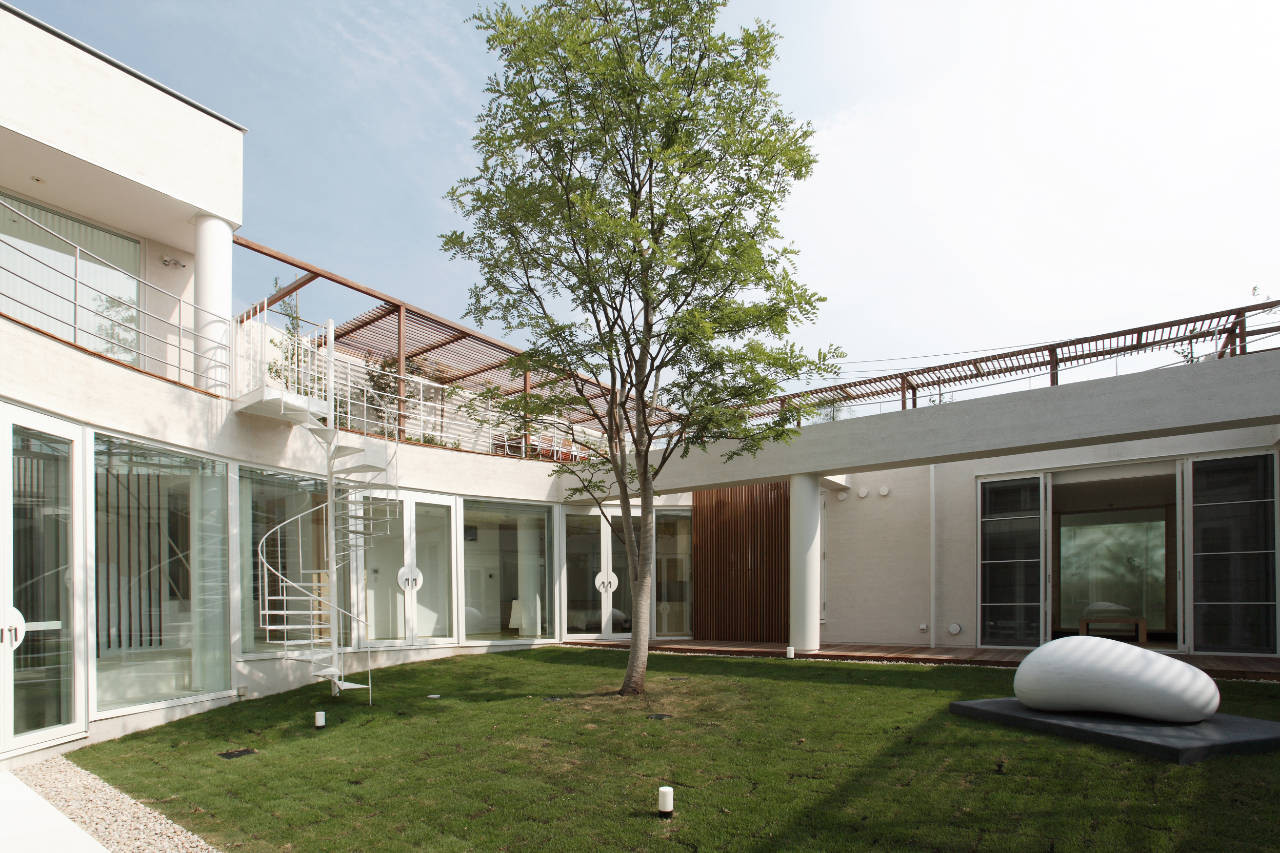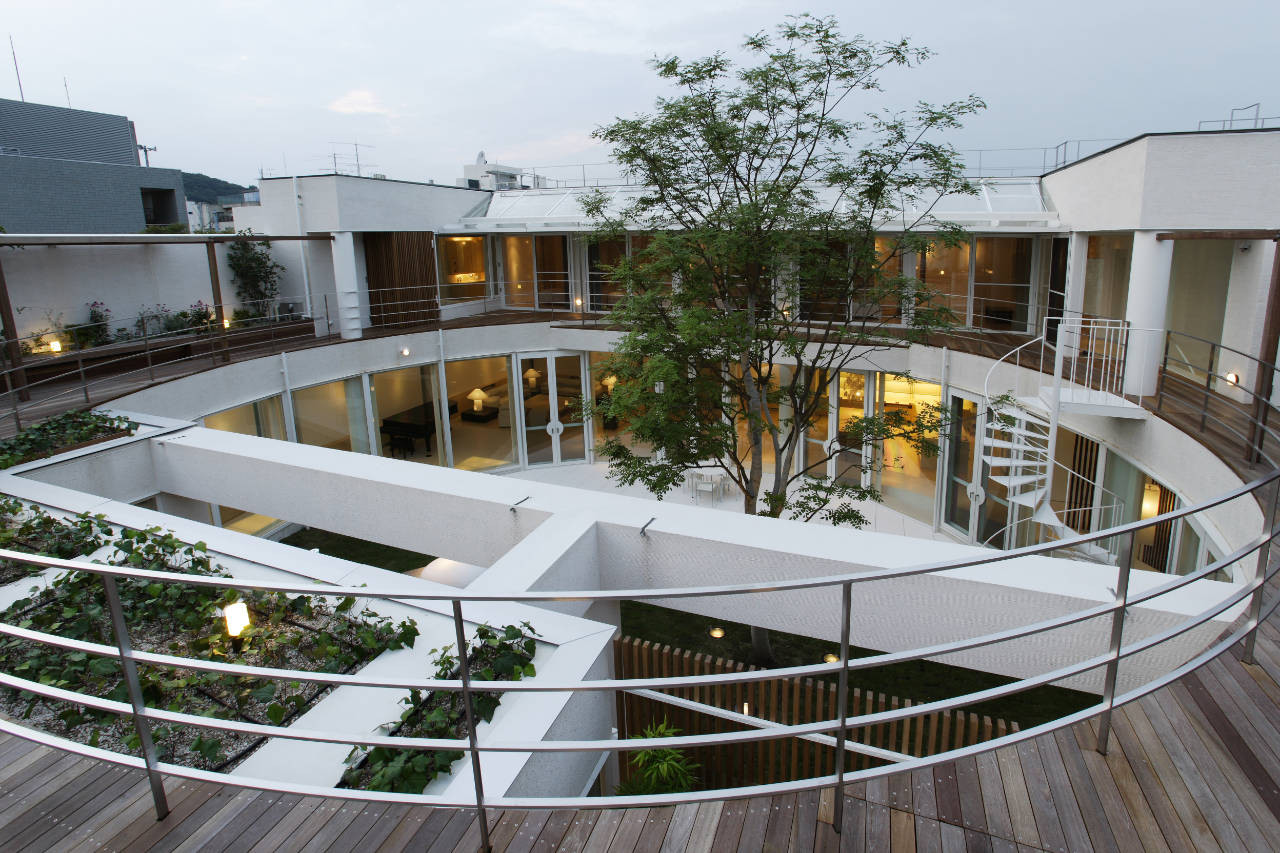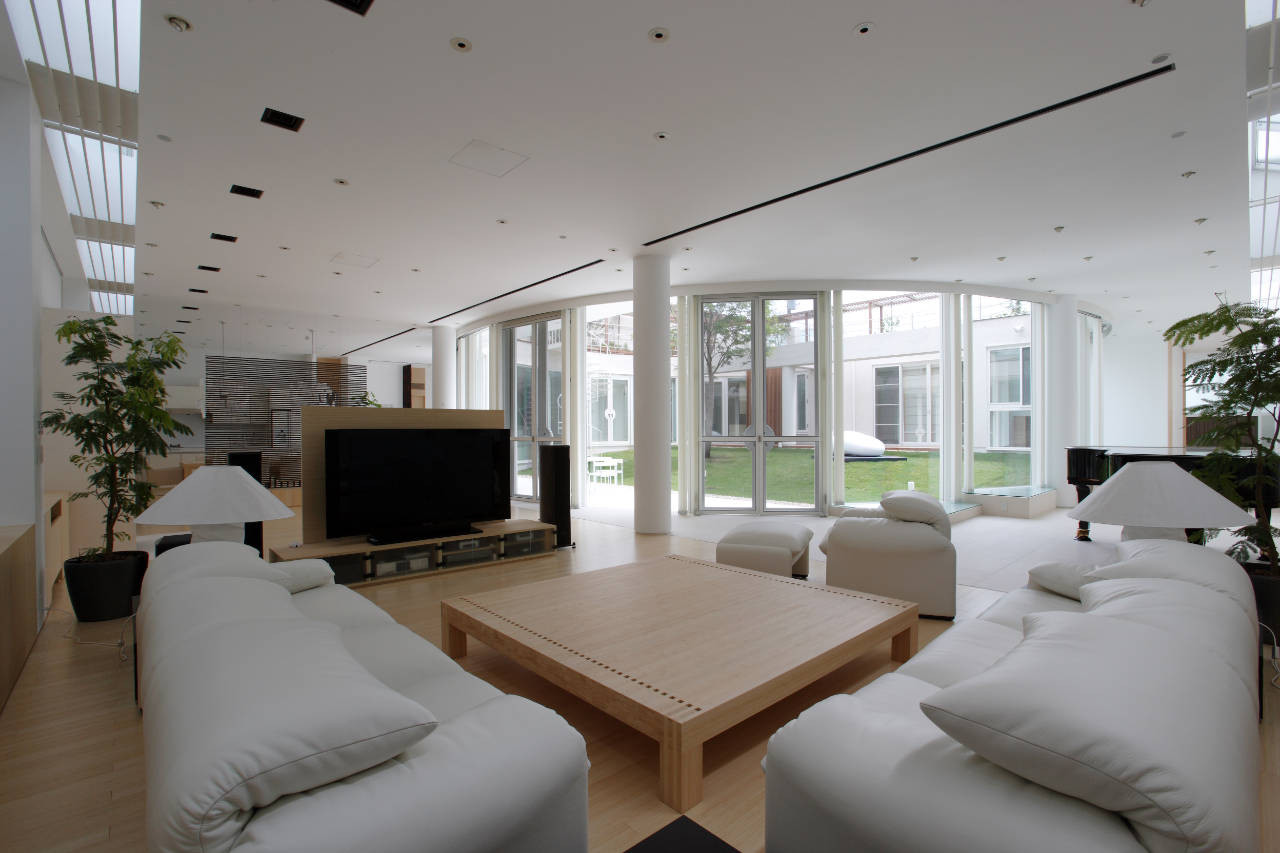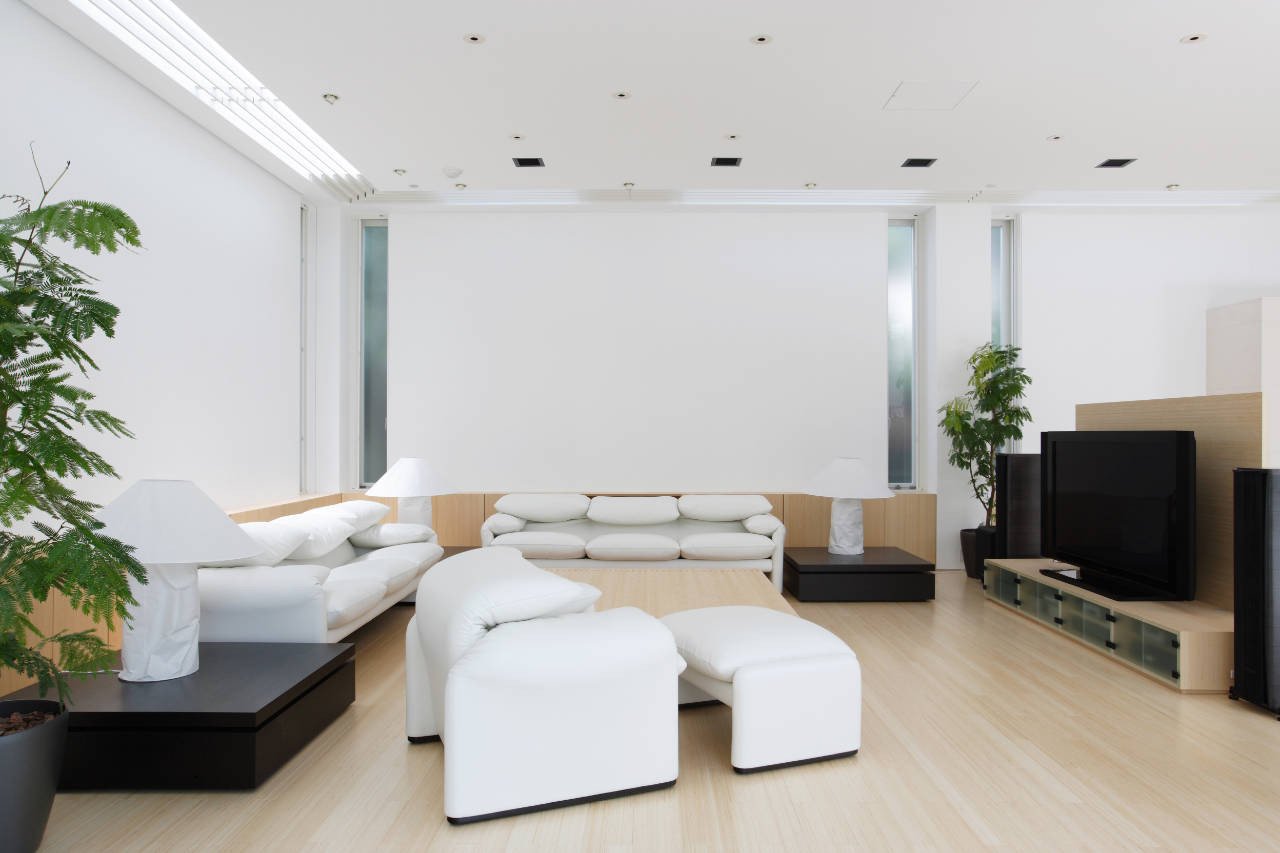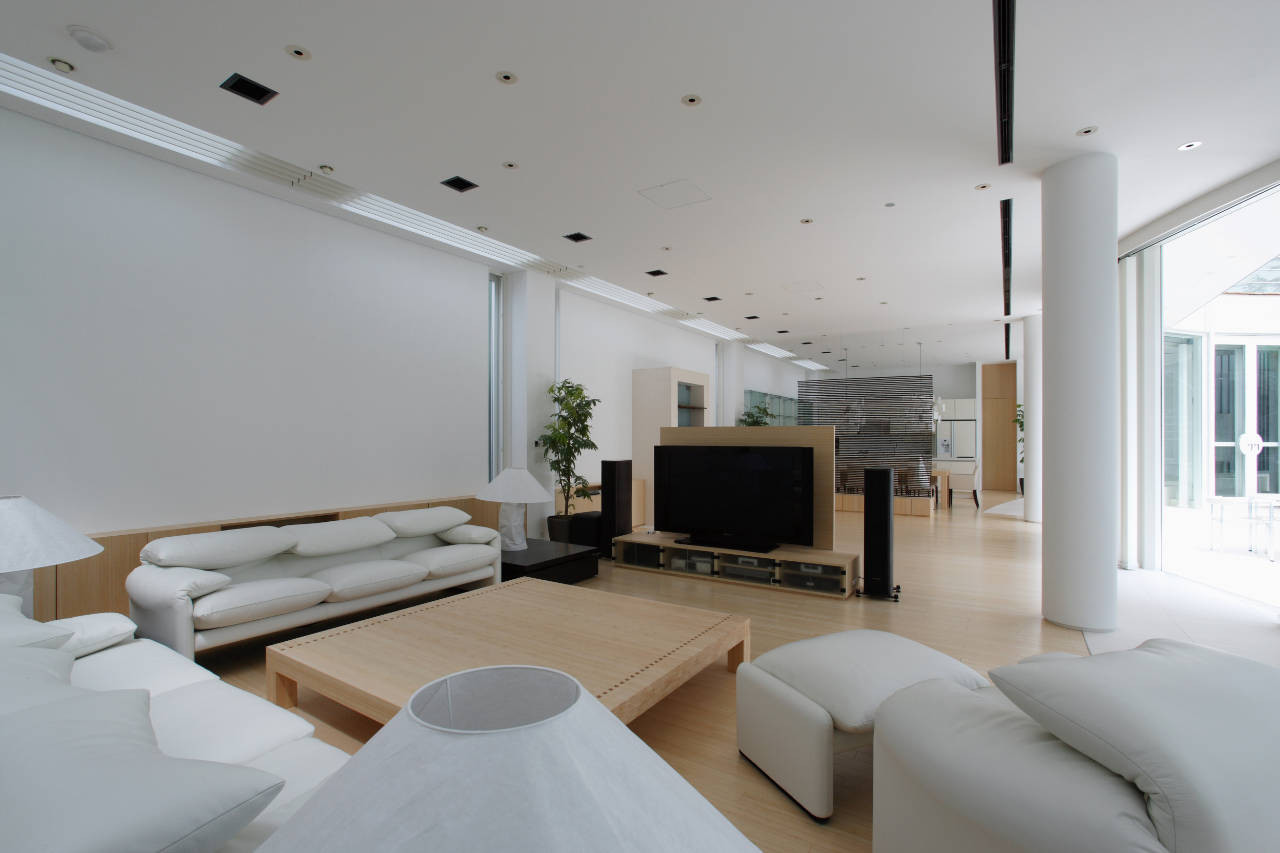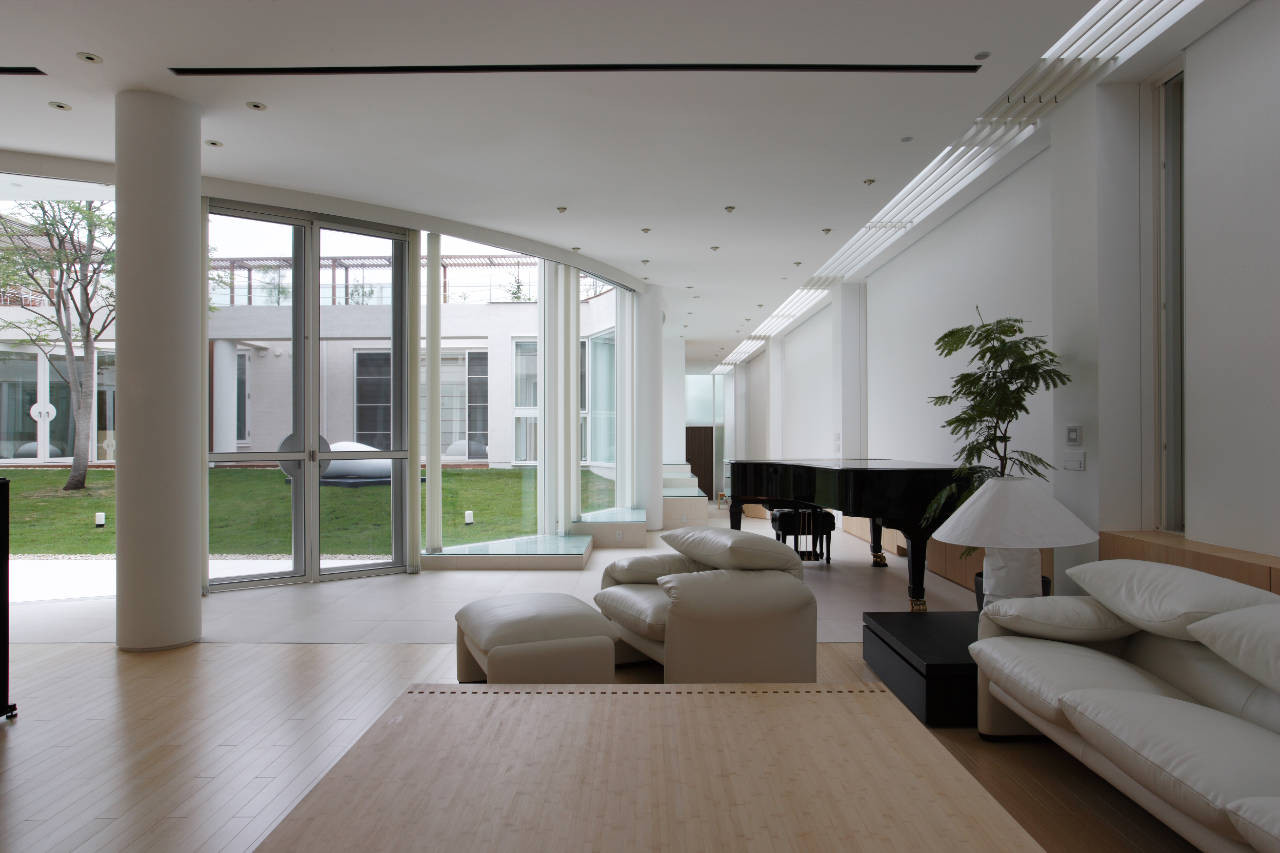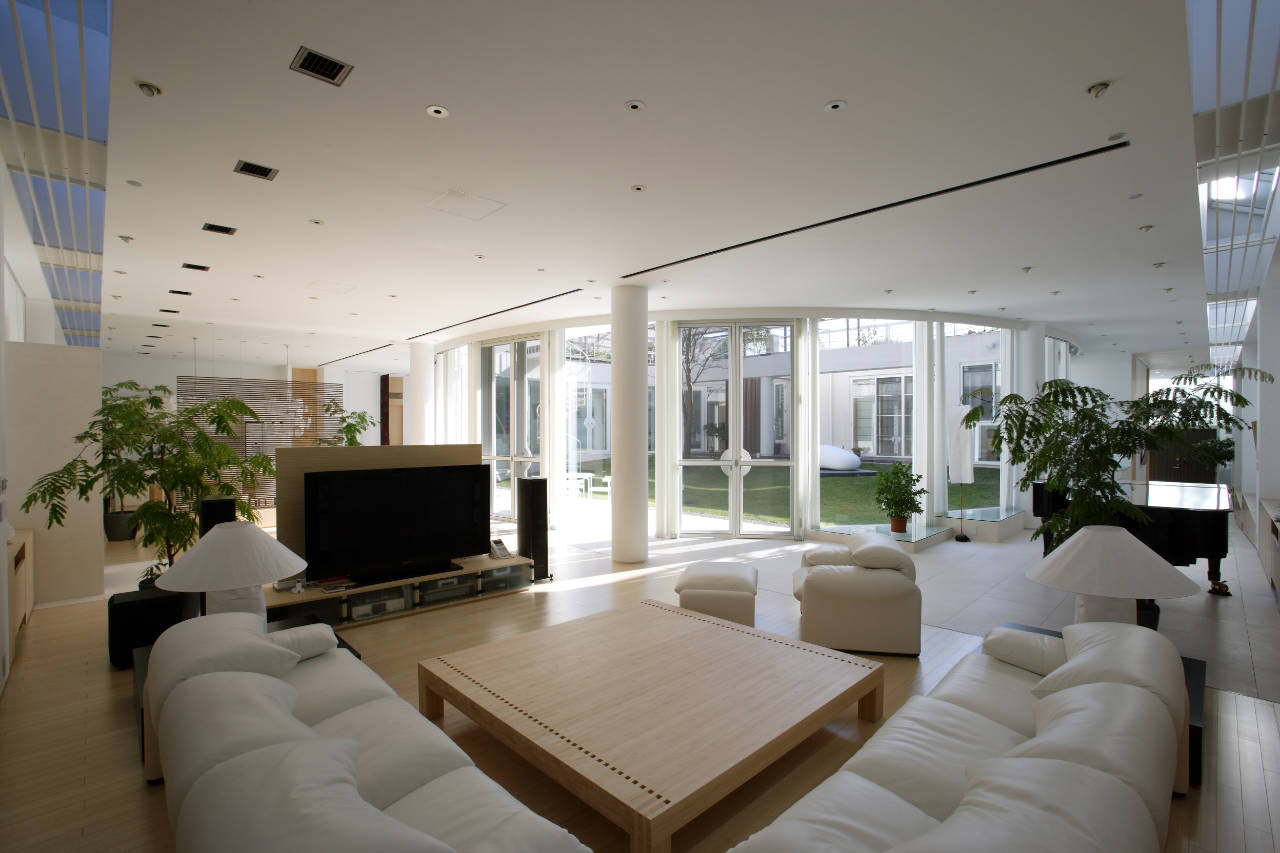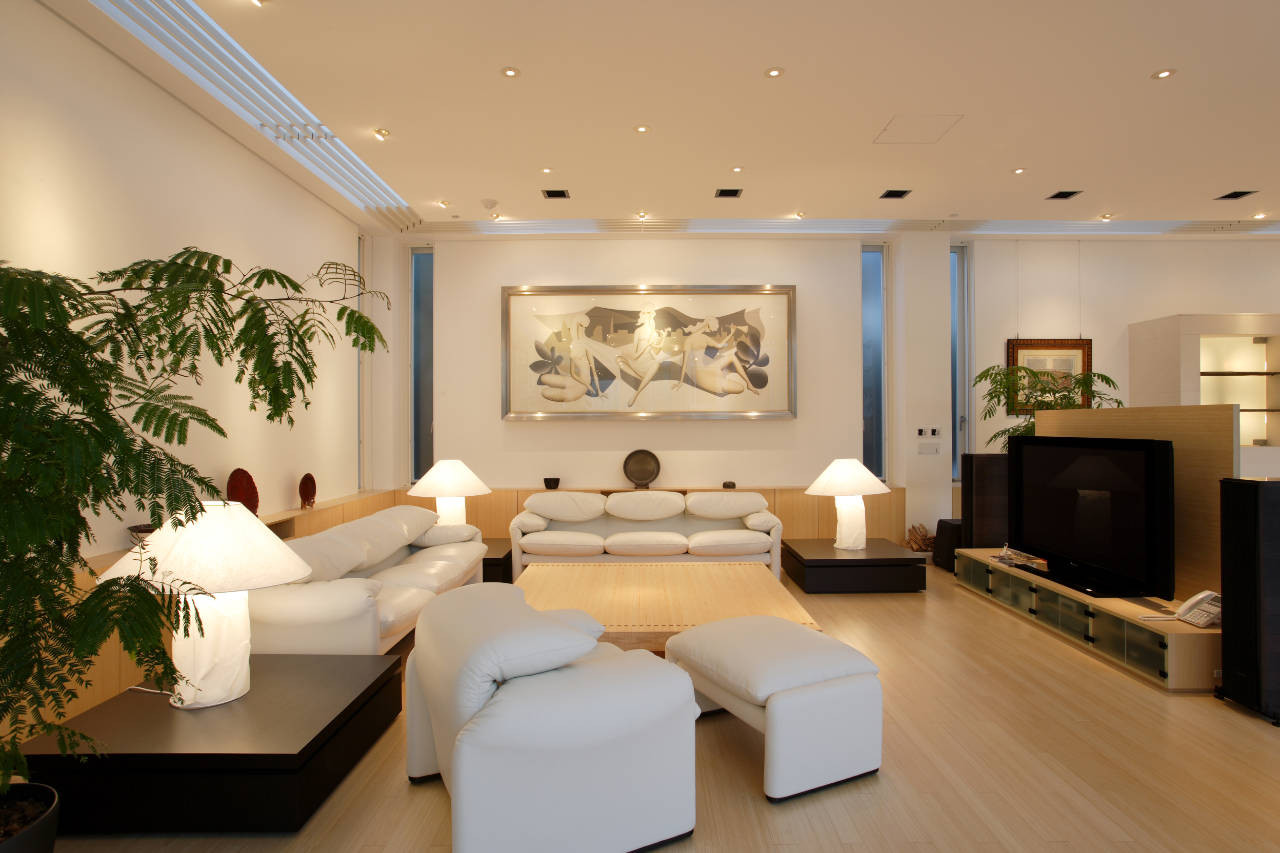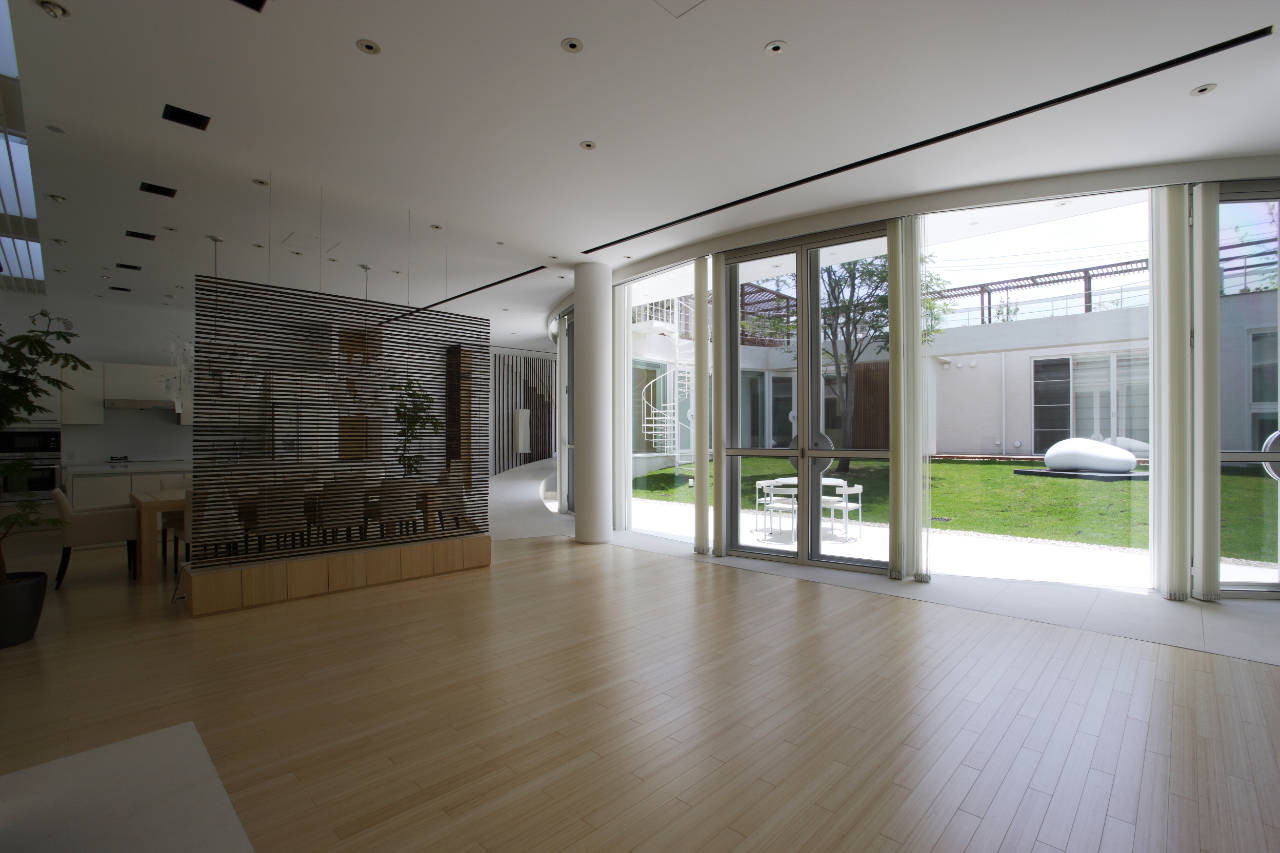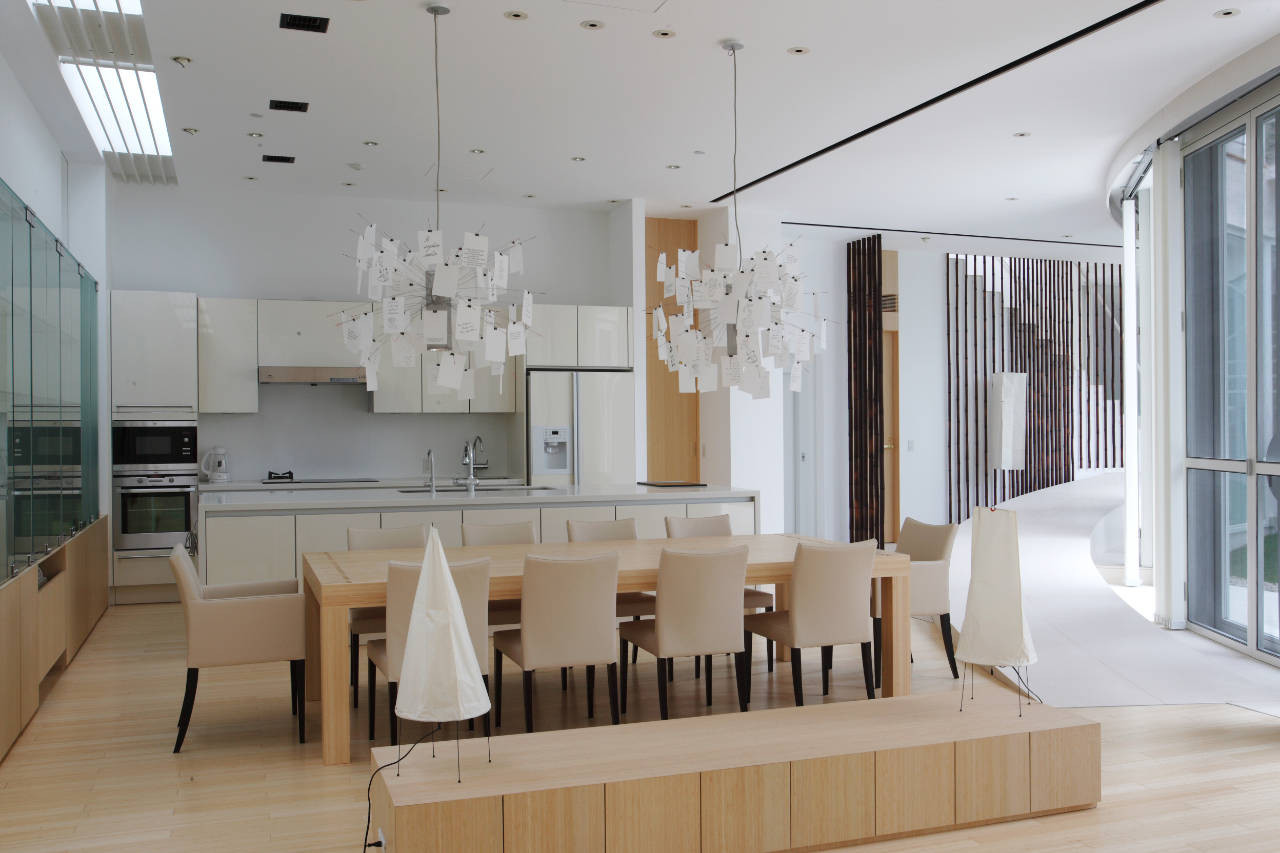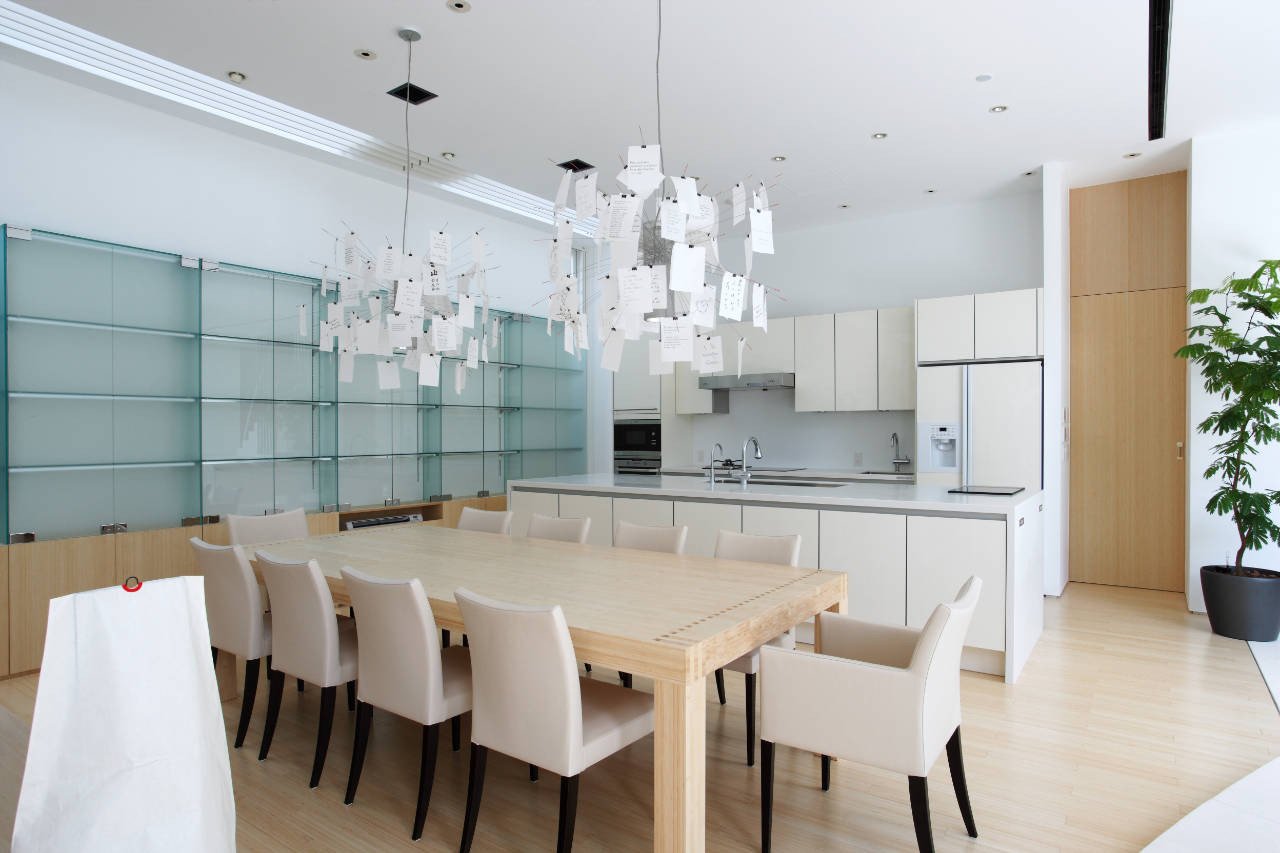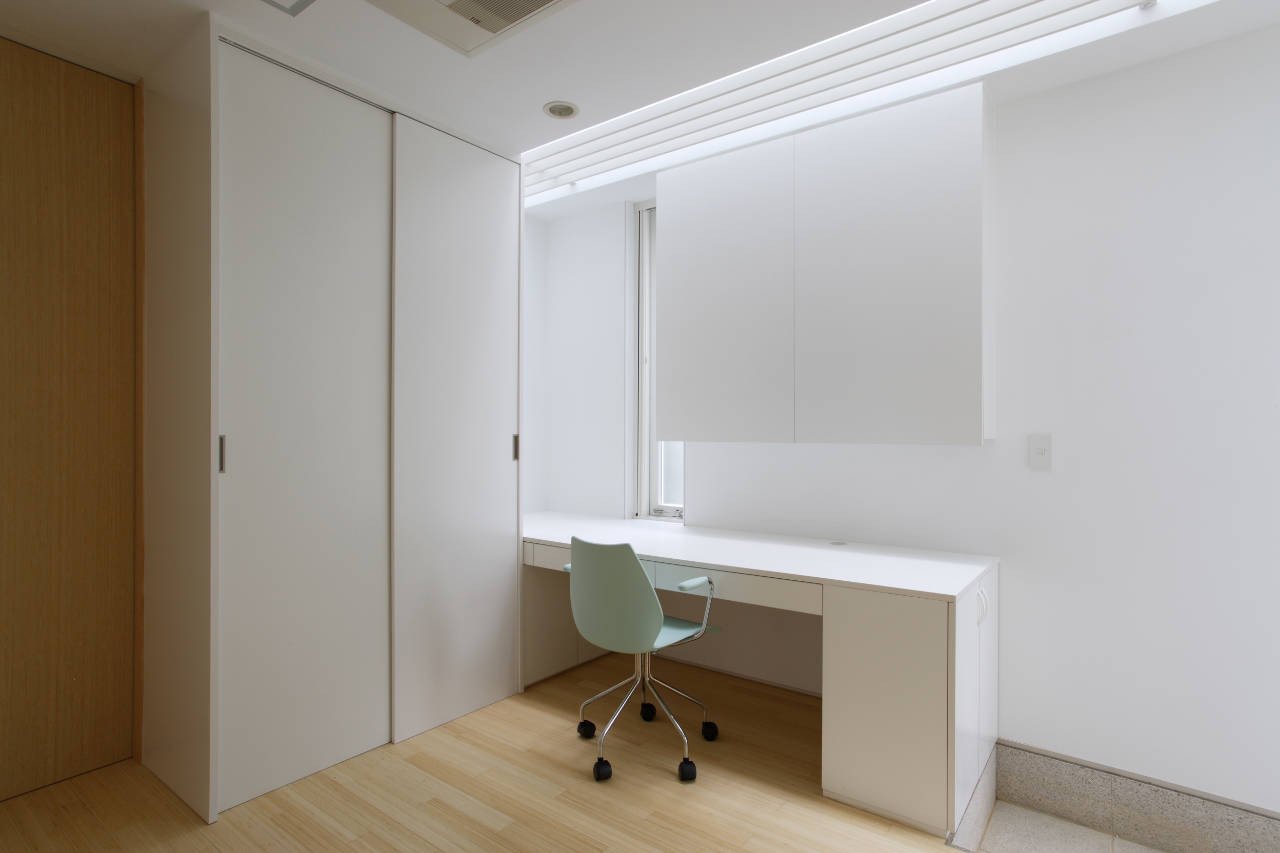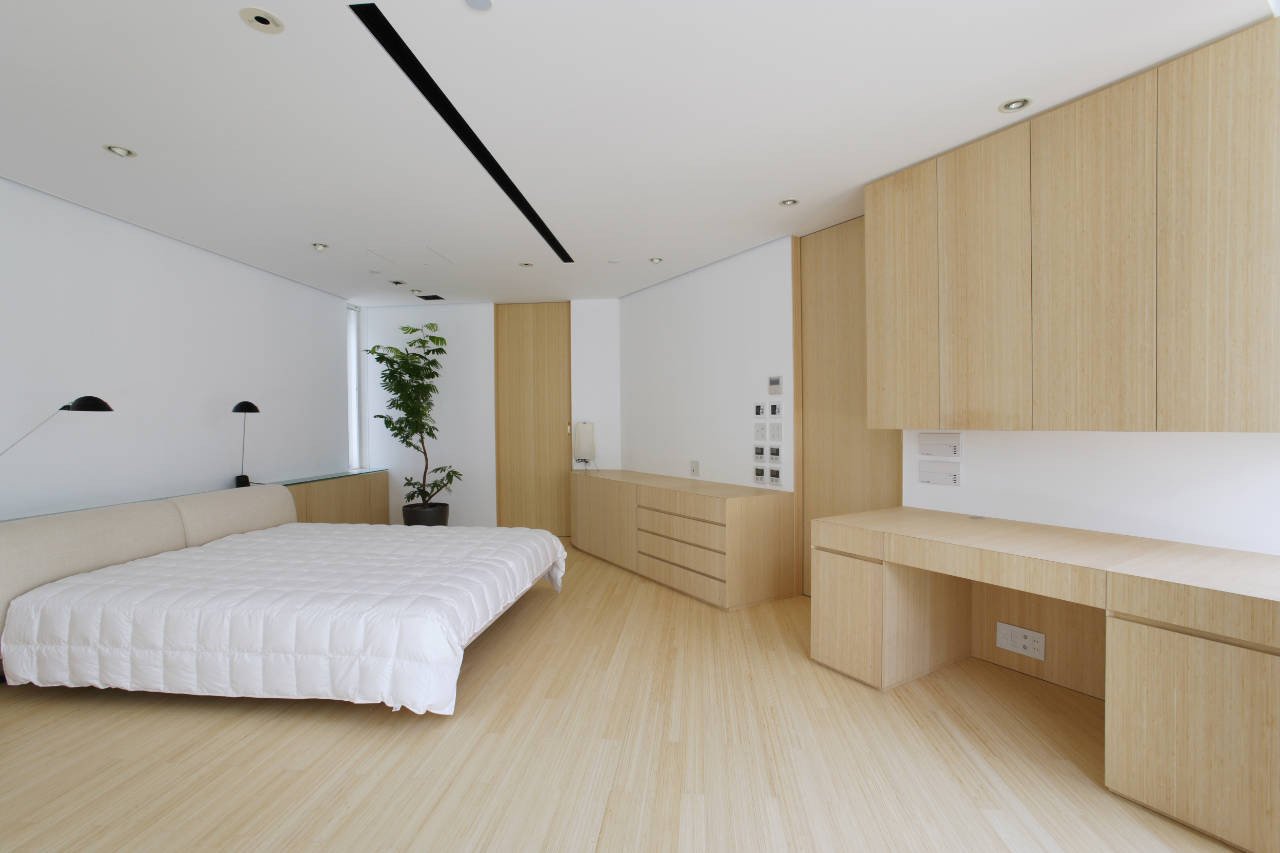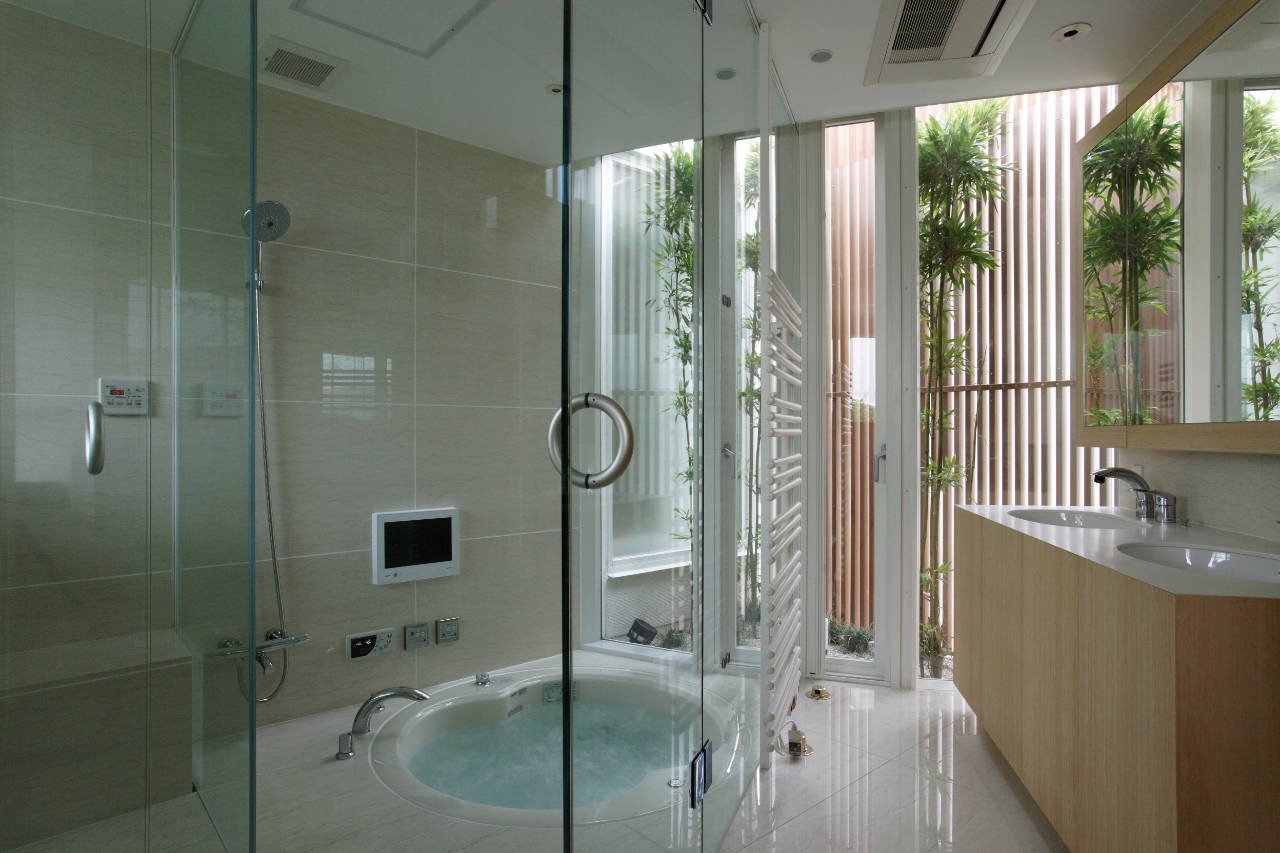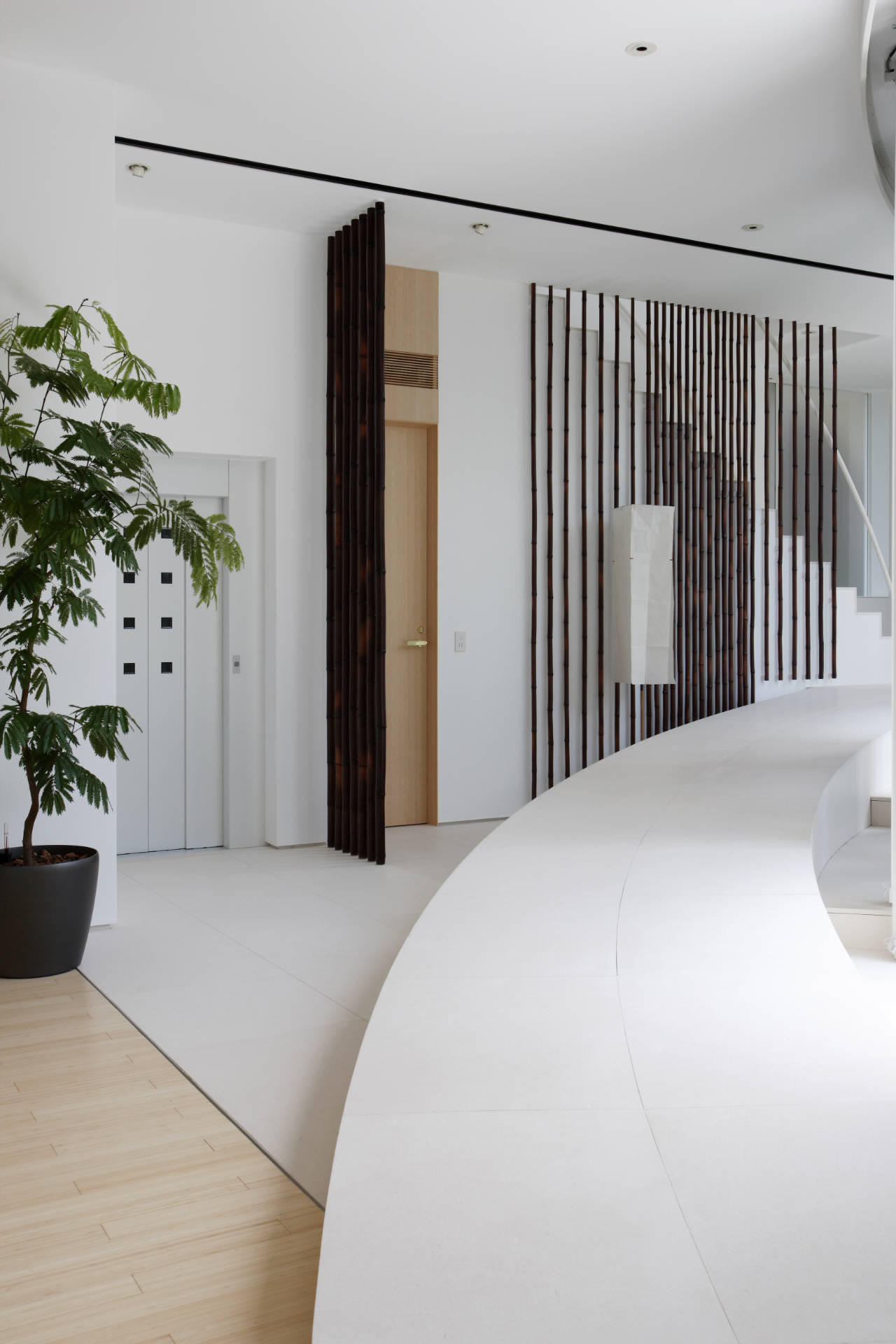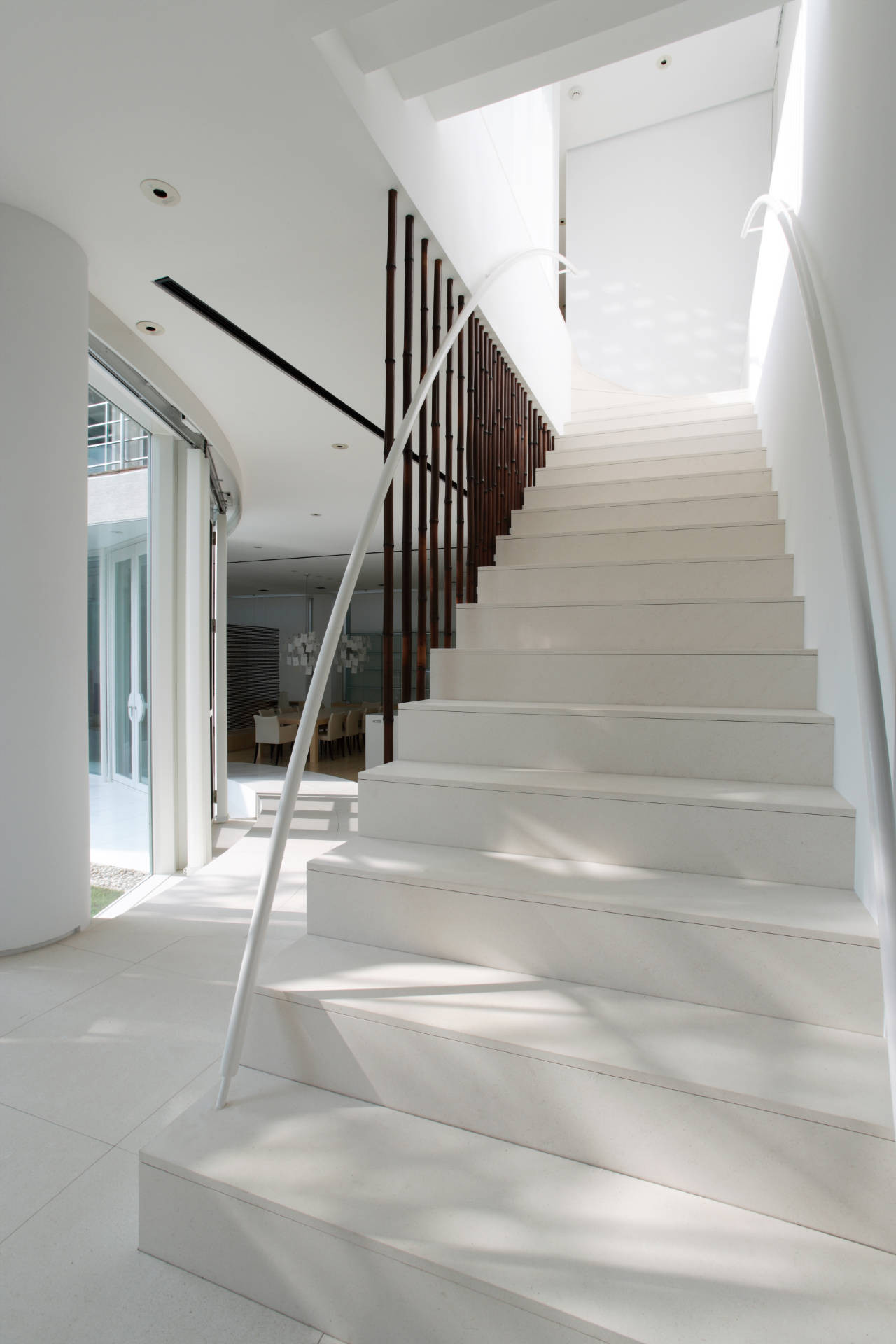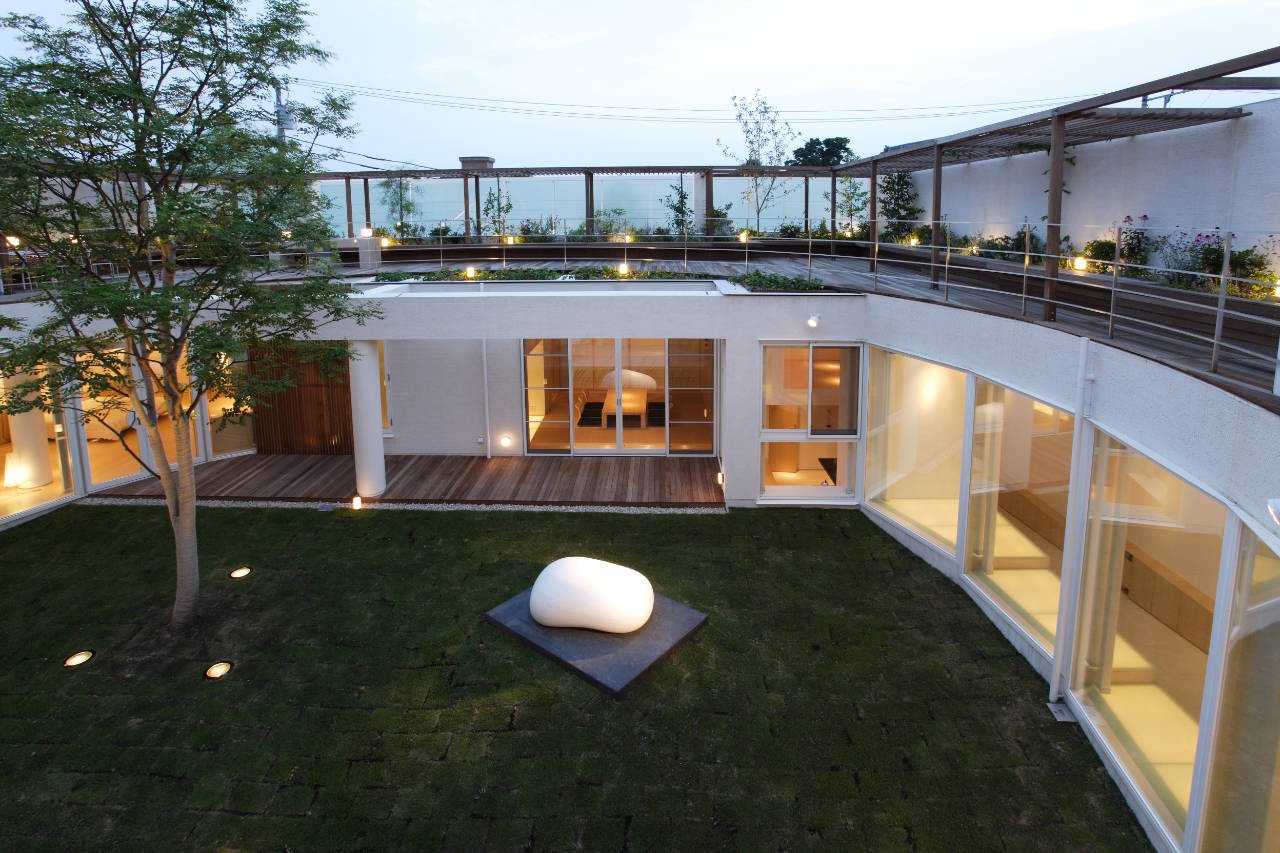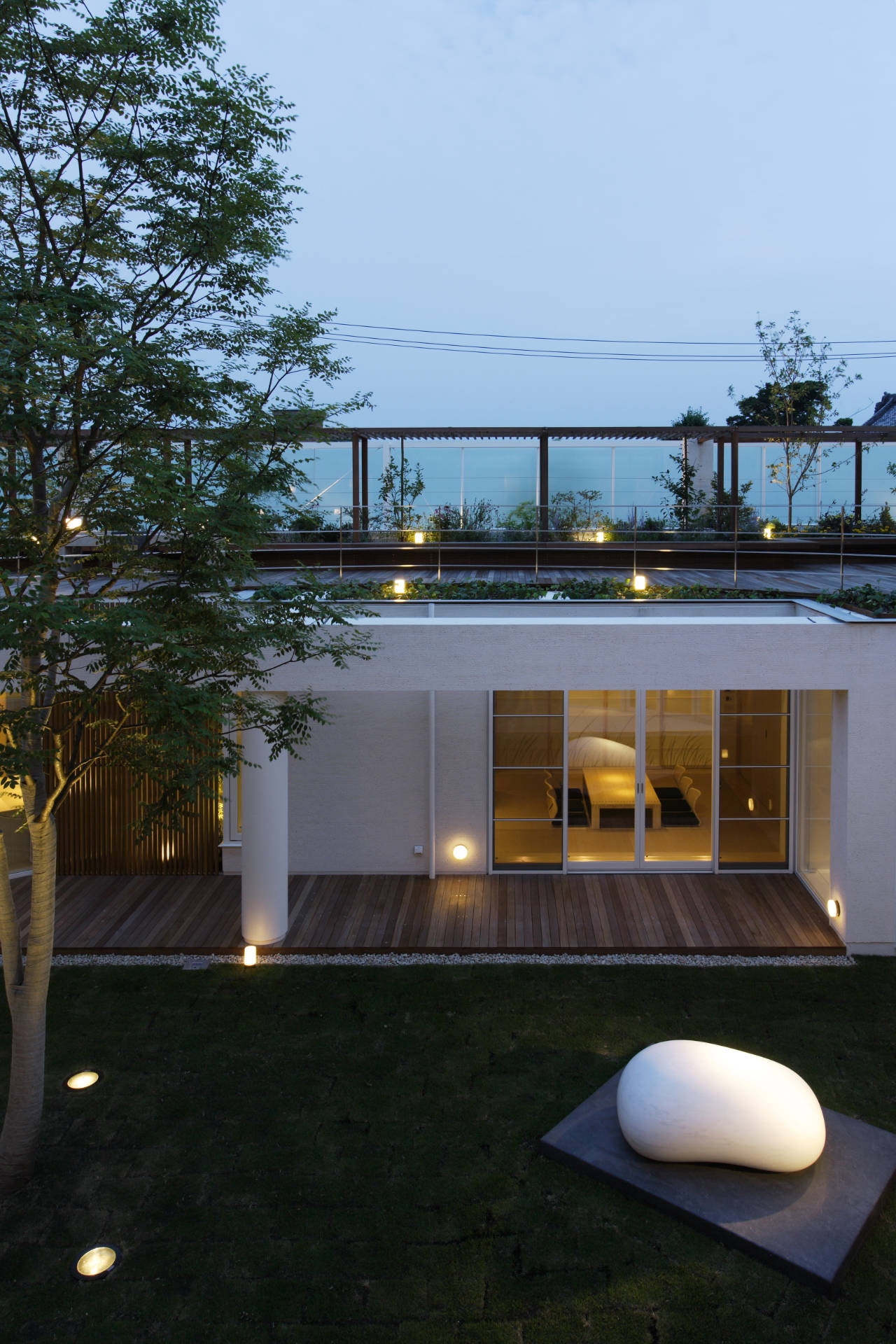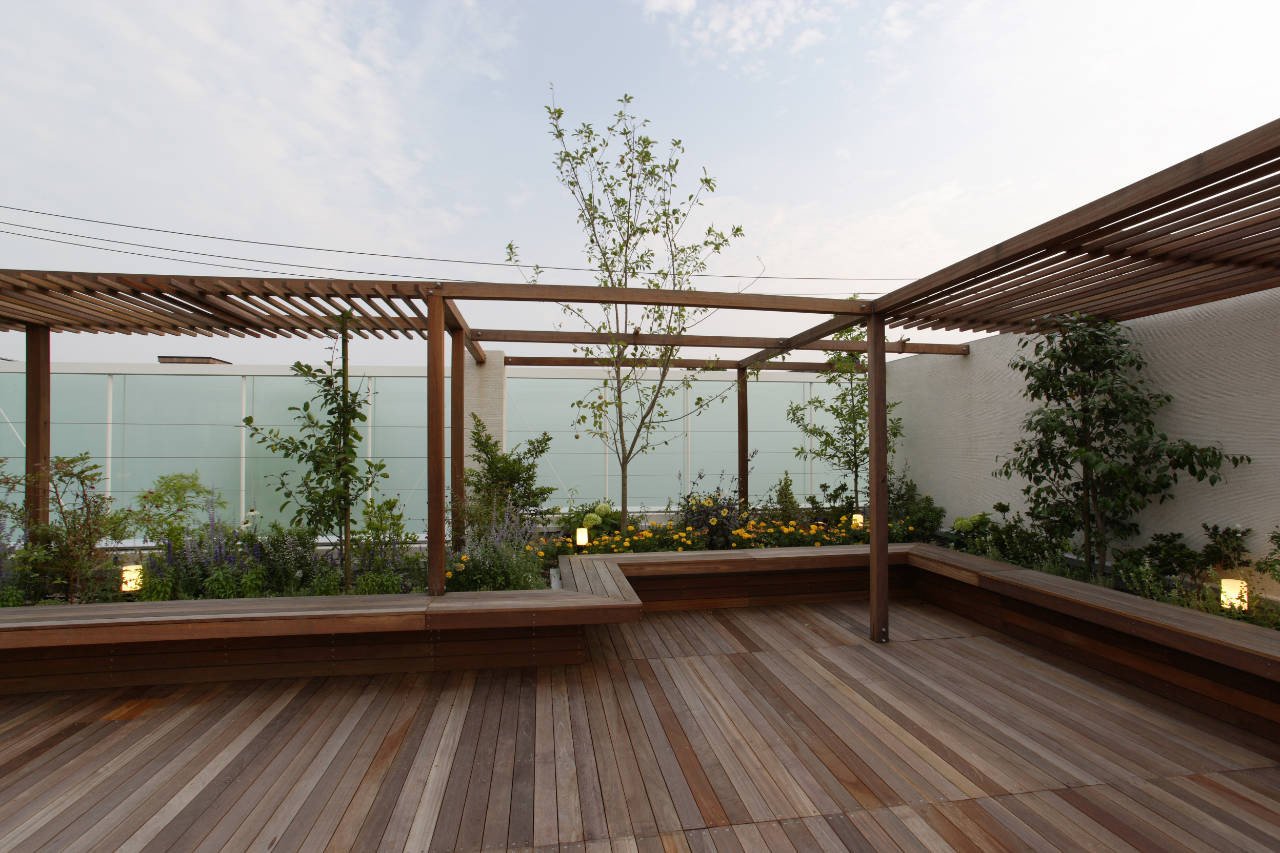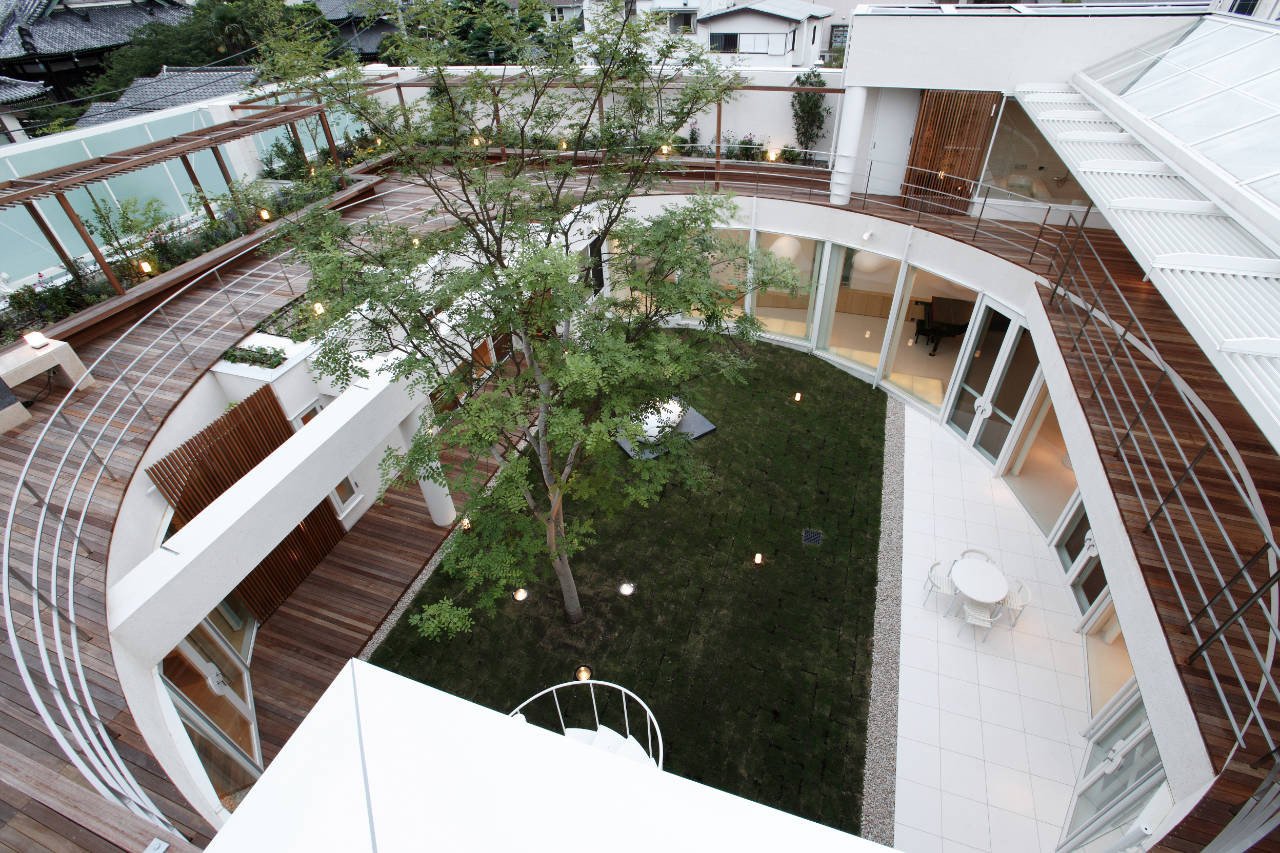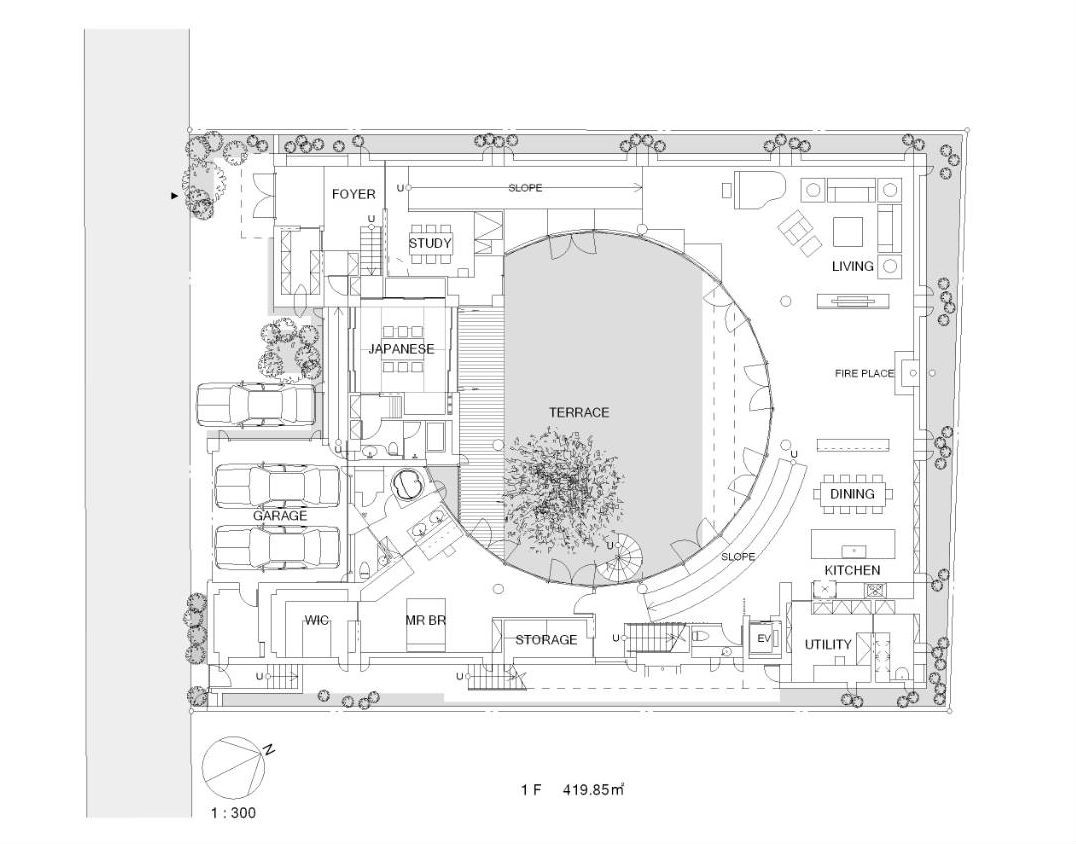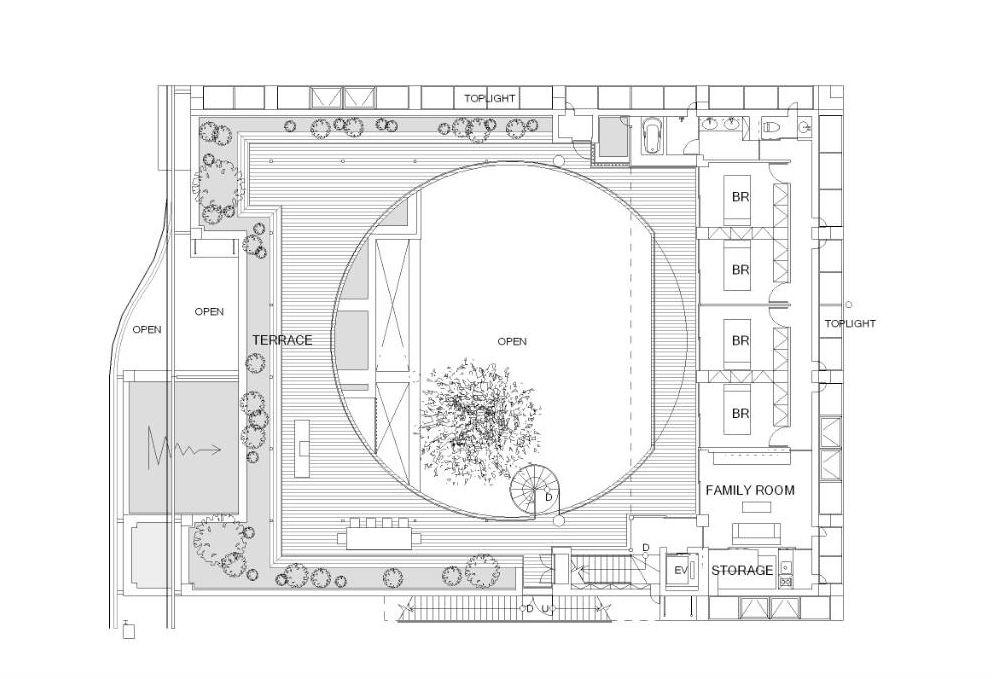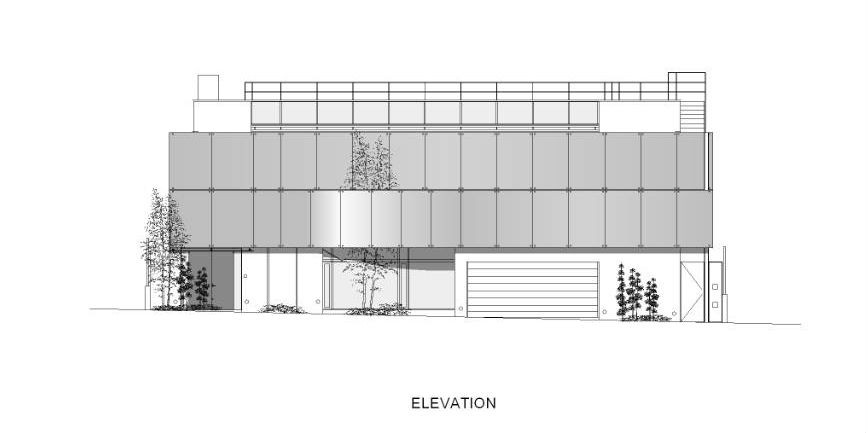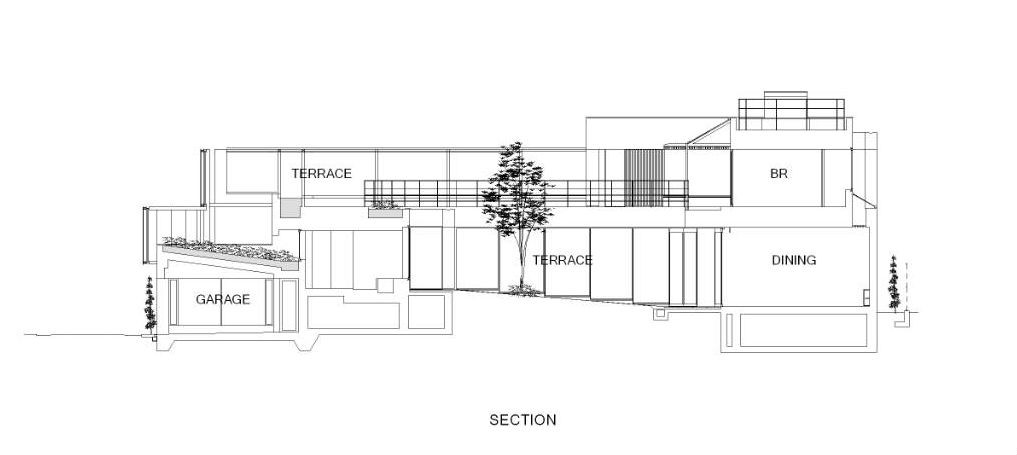House Like a Museum by Edward Suzuki Associates
Architects:Edward Suzuki Associates
Location: Kamakura City, Kanagawa Prefecture, Japan
Year: 2008
Photo courtesy: Yasuhiro Nukamura
Description:
Situated in just around a five-moment strolling separation from the railroad station, this house sits in a business/private zone. As being what is indicated, the neighboring houses and shops infringe upon the site rather nearly, to such an extent that from the begin the thought to “watch out” from the property was relinquished to rather “search internally” was embraced. Since the customer proprietor had an immeasurable measure of craftsmanship gathering and wished to show such workmanship in the new house, the subject “House like a Museum” turned into the outline generator.
The subject, “Go into go out,” utilized as a part of the pre-assembled lodging framework “EDDI’s House” composed and manufactured in a joint effort with Daiwa House Industry, was at the end of the day connected to the configuration of this house and, subsequently, the rectangular outline of the house was pushed to the limit furthest reaches of the 776 square meter property in the focal point of which was set a 15-meter width round yard. The arranging’s push was to permit every last space to confront and to have a perspective of this focal patio nursery.
Close to the passage and up on a mezzanine in a semi-isolates design is a Japanese Room ready to suit incidental visitors. Beside it and promptly open from the passage is the proprietor’s Private Office. Driving up from the passageway is an inclining display hall interfacing with the Living, Fireplace, Dining, and Kitchen zones. Once more, another incline join this one-room like space to the lifted Master Bedroom with its private water storage room. From this lifted region a staircase prompts the Family/Home Theater space nearby the Children’s Bedrooms and Family Bathroom on the second level. On the south of these rooms spread a roomy greenhouse porch ignoring the round yard underneath.
Complete material for the outside is essentially diatomite over outside protection, while for the inside it is dominatingly Japanese stucco-paint for dividers and roofs and either bamboo covers or limestone for the floors. Bamboo overlays are utilized for all manufactured as a part of and portable furniture also, the reason being bamboo, as opposed to wood, develops substantially more quickly and subsequently more eco-accommodating.
In the same vein, much exertion has been made to “obtain” from and apply the insight of customary Japanese house outline vocabulary, for example, “Engawa” (fringe passage) that wires or isolates as required within and the outside, “Tsuboniwa” (little yards), “Hisashi” (rooftop overhangs), “Tsuufuu” (cross ventilation), chose utilization of evergreens and non-evergreens, rooftop gardens for additional geothermal protection – all essentially “aloof” method for applying regular vitality productivity rather than “constrained” mechanical ways consuming pointless vitality.



